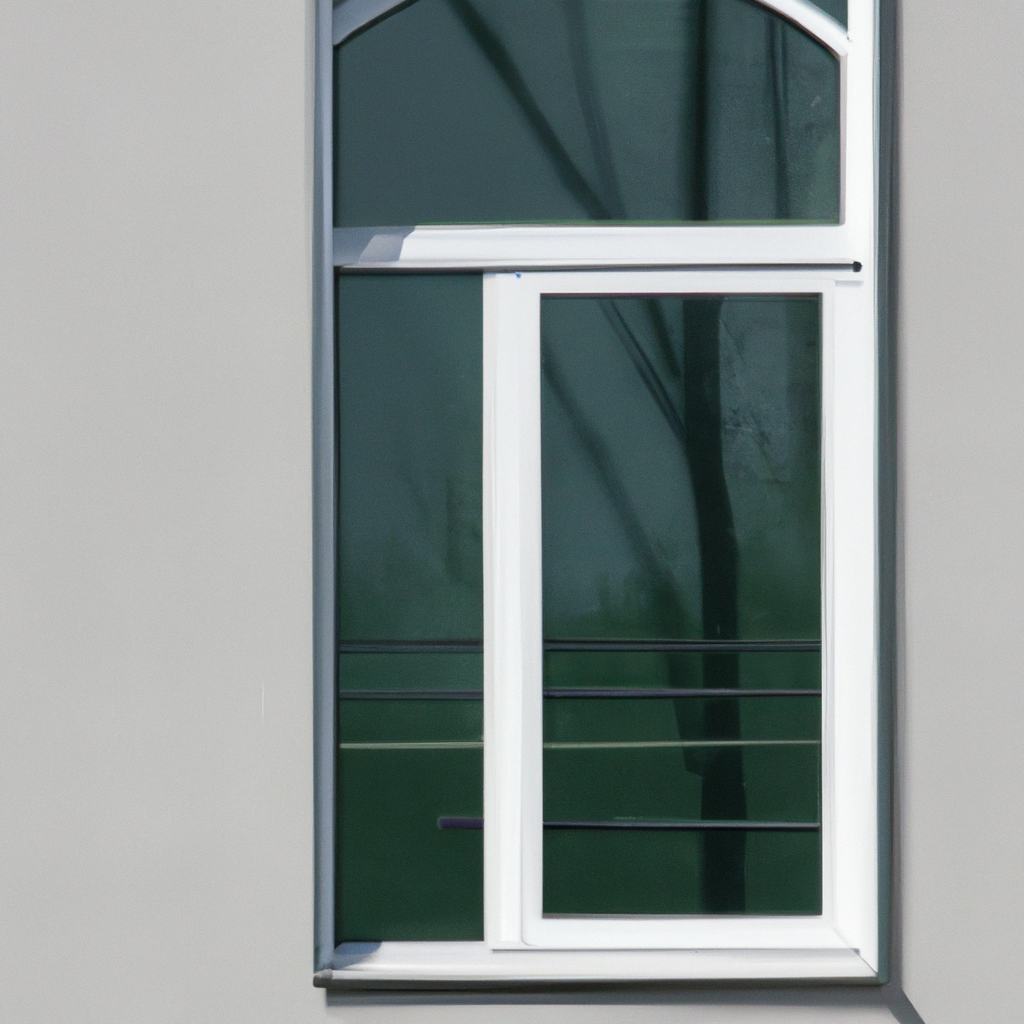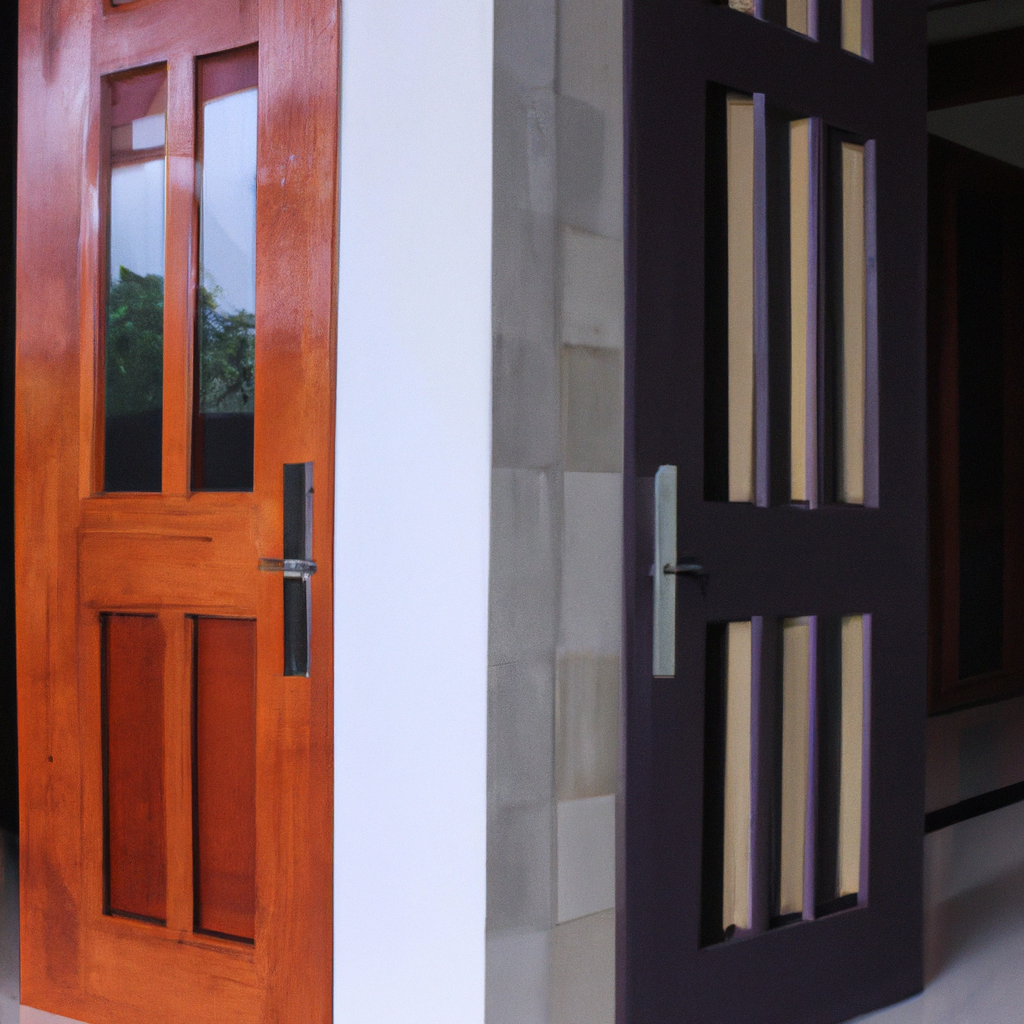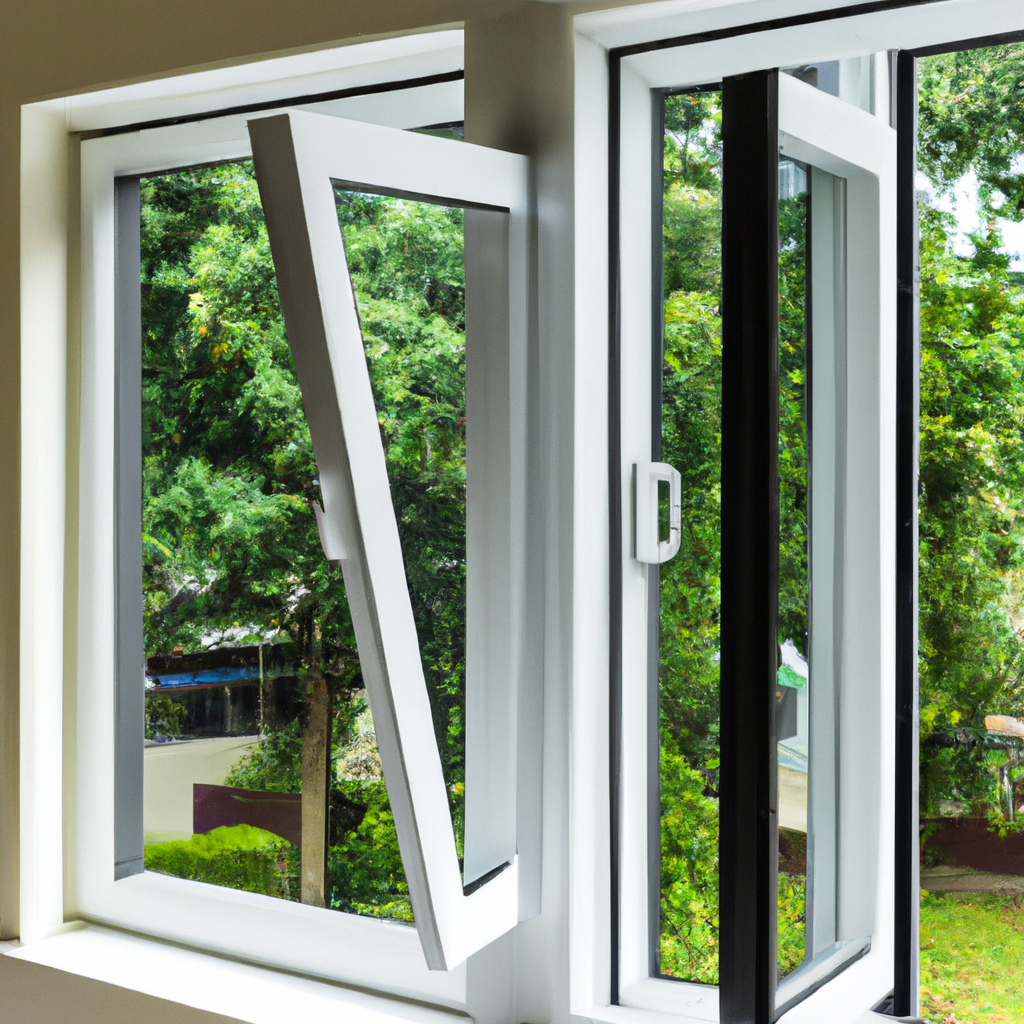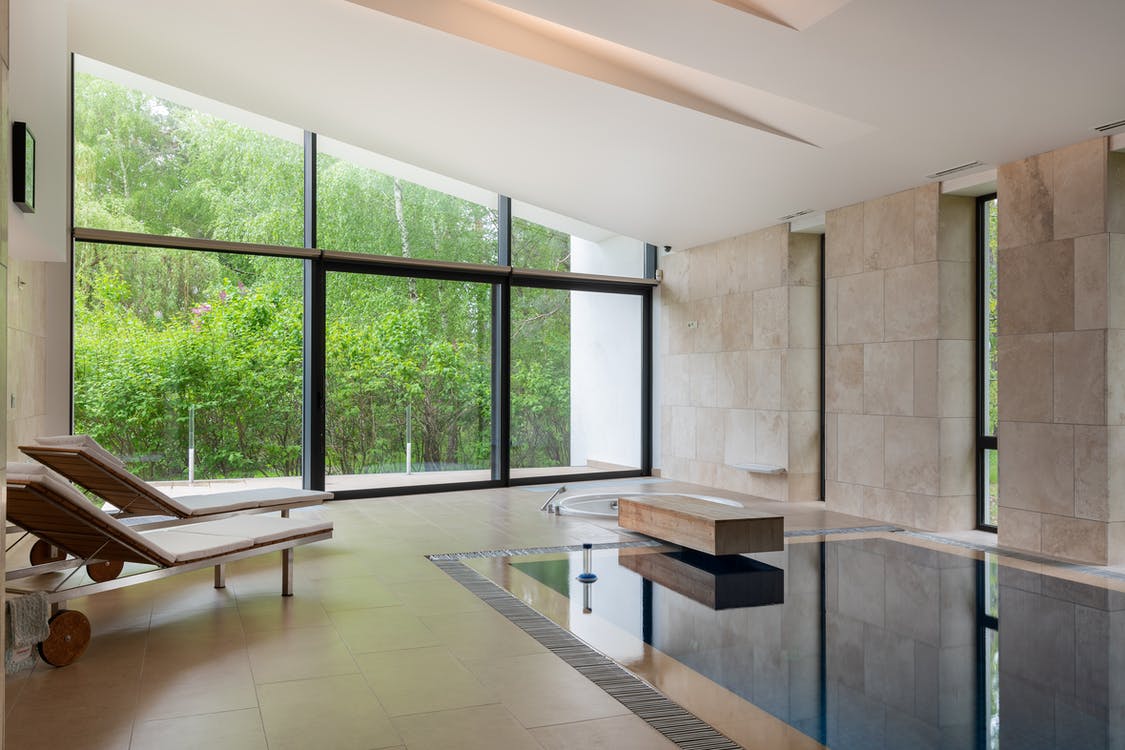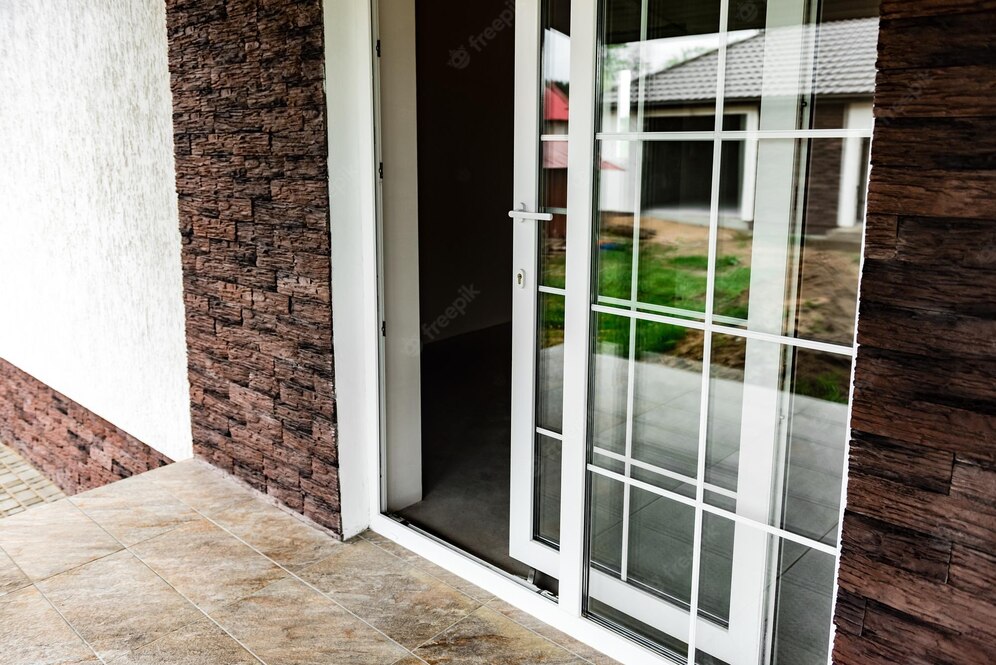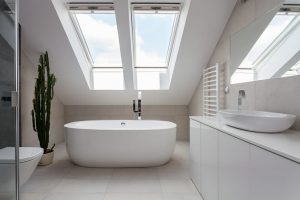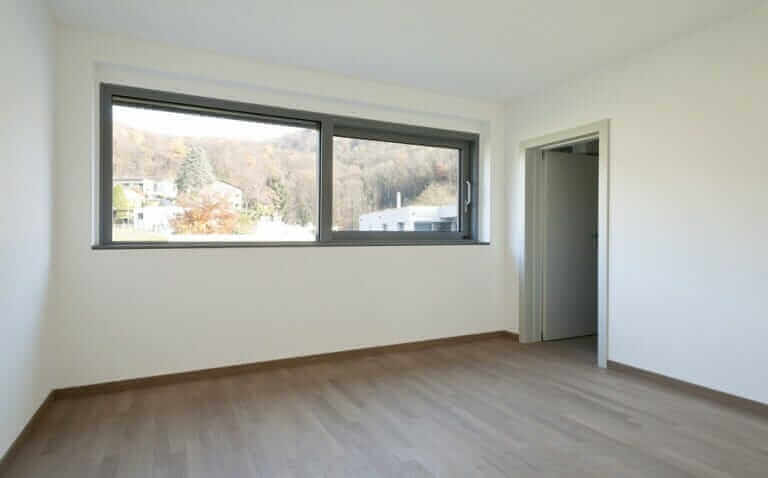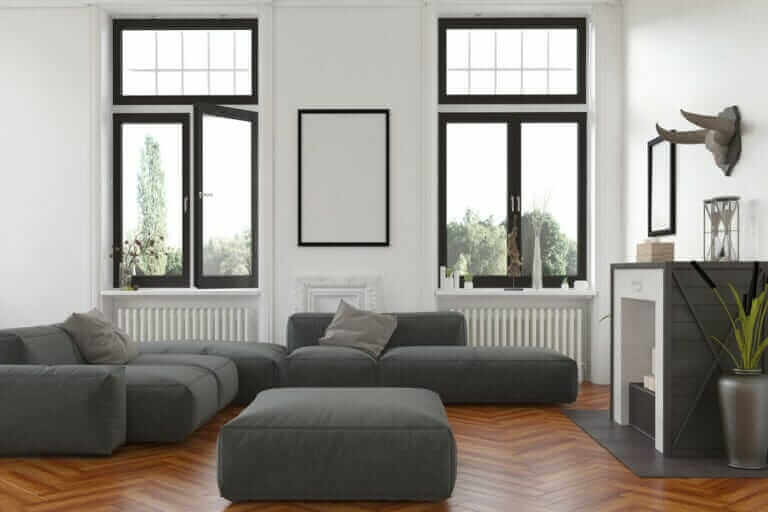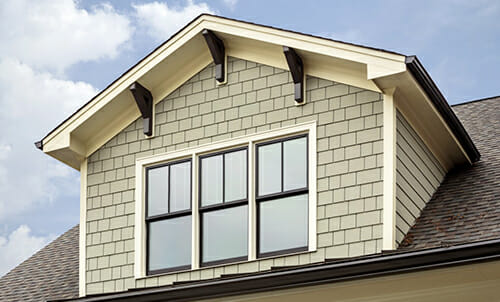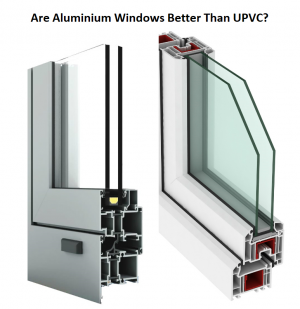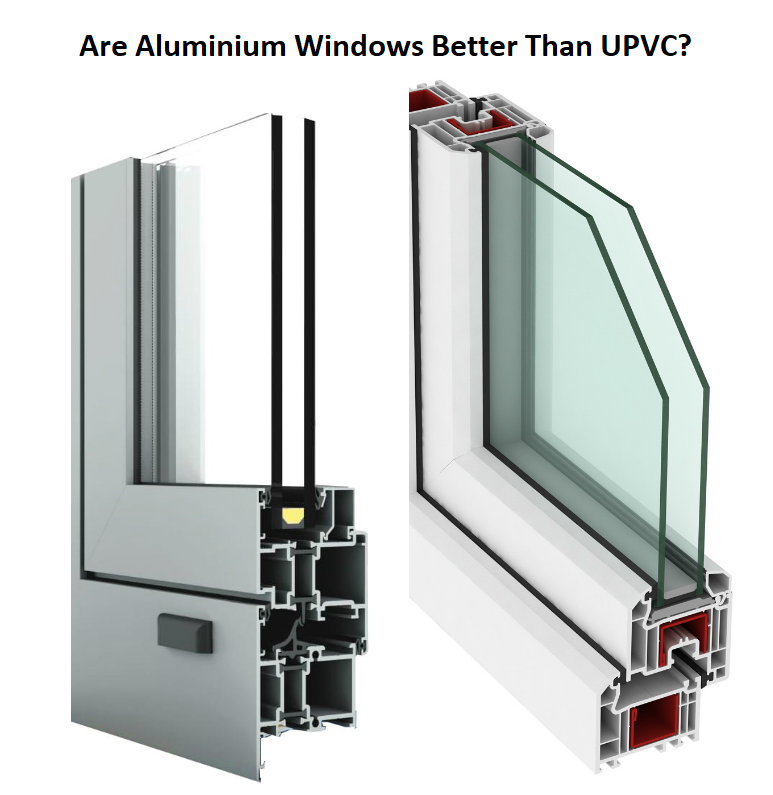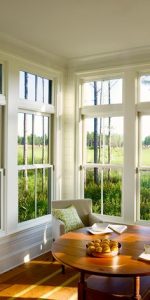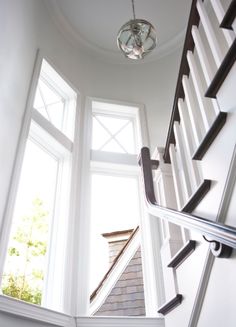In today’s world, where energy conservation and environmental sustainability are of paramount importance, energy efficient windows have emerged as a significant solution. These windows offer numerous benefits, not only by saving money on utility bills but also by reducing our impact on the environment. This article will delve into the advantages of energy efficient windows and shed light on their positive impact.
Definition of Energy Efficient Windows
Energy efficient windows are specially designed windows that prevent excessive heat transfer between the interior and exterior of a building. They incorporate advanced technologies and materials to minimize energy loss or gain, ensuring optimal insulation and thermal performance. Unlike traditional windows, energy efficient windows are built to be highly effective at maintaining a comfortable indoor climate.
Benefits for Saving Money
One of the primary advantages of energy efficient windows is their ability to save money in the long run. By reducing energy consumption, these windows directly impact utility bills, leading to substantial savings over time. Energy efficient windows effectively insulate homes, minimizing the need for heating and cooling systems to work harder, thus lowering energy usage and associated costs. With rising energy prices, investing in energy efficient windows becomes a wise financial decision.
Benefits for the Environment
Apart from the financial benefits, energy efficient windows also contribute significantly to environmental preservation. Traditional windows often allow drafts and temperature fluctuations, leading to increased energy consumption and higher greenhouse gas emissions. Energy efficient windows, on the other hand, create a barrier against unwanted heat gain or loss, reducing the reliance on heating and cooling systems powered by fossil fuels. By decreasing energy consumption, these windows help mitigate climate change and promote a greener, more sustainable future.
Energy Efficiency Ratings
To assess the performance and efficiency of energy efficient windows, various rating systems and certifications have been established. These ratings provide valuable information to consumers, allowing them to make informed decisions. The most commonly used rating systems include the Energy Star rating, the National Fenestration Rating Council (NFRC) label, and the U-value and Solar Heat Gain Coefficient (SHGC) values. Understanding these ratings helps homeowners select the most suitable energy efficient windows for their specific needs.
Types of Energy Efficient Windows
Energy efficient windows come in various types, each offering its unique set of benefits and features. Some common types include:
Double Glazed Windows
Double glazed windows consist of two glass panes with a layer of air or gas in between. This design provides enhanced insulation, reducing heat transfer and noise transmission.
Low-E Coated Windows
Low-E (low-emissivity) coated windows have a microscopically thin layer that reflects heat back to its source. This feature helps maintain a comfortable indoor temperature by minimizing heat loss during colder months and heat gain during hotter months.
Triple Glazed Windows
Triple glazed windows offer an additional layer of insulation compared to double glazed windows. They are highly effective in regions with extreme climates, providing superior thermal performance.
Argon or Krypton Filled Windows
These windows are filled with inert gases like argon or krypton, which have better insulating properties than air. The gas fillings help minimize heat transfer and improve energy efficiency.
Choosing the right type of energy efficient window depends on factors such as climate, budget, and specific requirements.
Installation Process
Proper installation is crucial for energy efficient windows to perform optimally. It is advisable to hire professionals experienced in installing these windows to ensure airtight and seamless integration with the building’s structure. During the installation process, existing windows are carefully removed, and the new energy efficient windows are securely fitted, sealed, and insulated. A professional installation guarantees maximum energy efficiency and prevents any potential issues or leaks.
Maintenance and Care
To maintain the effectiveness and longevity of energy efficient windows, regular maintenance is essential. Some key maintenance tips include:
- Cleaning windows regularly to remove dirt, debris, and smudges that can affect performance.
- Inspecting seals and weatherstripping to ensure they are intact and not worn out.
- Lubricating hinges and hardware as needed for smooth operation.
- Checking for any signs of condensation, which could indicate a problem with the window’s insulation.
- Consulting the manufacturer’s guidelines for specific care instructions.
By following these maintenance practices, homeowners can ensure their energy efficient windows continue to perform optimally and provide long-term benefits.
Cost Considerations
When considering energy efficient windows, it’s important to understand the cost factors involved. While these windows may have a higher upfront cost compared to traditional windows, the long-term savings on energy bills can outweigh the initial investment. Factors influencing the overall cost include:
- Window materials: Different materials such as vinyl, fiberglass, or wood have varying costs and energy efficiency levels.
- Window size and quantity: Larger or custom-sized windows may incur additional costs.
- Additional features: Optional features like tinting, decorative elements, or special coatings can impact the overall price.
- Installation charges: Professional installation ensures proper fit and performance but may come with an additional cost.
By evaluating these factors and considering the potential energy savings, homeowners can make an informed decision regarding the cost-benefit analysis of energy efficient windows.
Rebates and Incentives
To encourage the adoption of energy efficient technologies, many government bodies and utility companies offer rebates, incentives, and tax credits for energy efficient window installations. These financial benefits can significantly offset the initial investment and make energy efficient windows more affordable. Homeowners should research local programs, grants, and incentives available in their region to maximize their savings and take advantage of these opportunities.
Energy Efficient Window Brands
Several reputable brands specialize in manufacturing energy efficient windows. It’s crucial to choose a reliable and trusted brand that offers high-quality products and excellent customer service. Some popular energy efficient window brands include:
When selecting a brand, consider factors such as energy efficiency ratings, customer reviews, and warranties to ensure the best value and performance.
Case Studies
Real-life case studies provide valuable insights into the practical benefits of energy efficient windows. Here are a few examples:
Case Study 1: The Johnson Residence
The Johnson family decided to replace their old single-pane windows with energy efficient windows. After installation, they noticed a significant reduction in their monthly energy bills. Over the course of a year, they saved 20% on their heating and cooling expenses, resulting in substantial long-term savings.
Case Study 2: Green Office Building
A commercial office building implemented energy efficient windows throughout its premises. The building’s energy consumption decreased by 15%, leading to lower operating costs. Additionally, the building’s commitment to sustainability improved its brand image and attracted environmentally conscious tenants.
Conclusion
Energy efficient windows offer a multitude of benefits, both for saving money and protecting the environment. By reducing energy consumption, lowering utility bills, and minimizing greenhouse gas emissions, these windows play a crucial role in sustainable living. With various types, energy efficiency ratings, and available incentives, it is now easier than ever to make the switch to energy efficient windows and contribute to a greener future.
FAQs
- Are energy efficient windows more expensive than traditional windows?
Energy efficient windows may have a higher upfront cost compared to traditional windows, but the long-term savings on energy bills often outweigh the initial investment. Moreover, available rebates and incentives can help offset the cost.
- Can energy efficient windows reduce noise pollution?
Yes, energy efficient windows with multiple panes and insulating materials can help reduce noise transmission from the outside, providing a quieter indoor environment.
- How long does it take to recoup the investment in energy efficient windows?
The time to recoup the investment in energy efficient windows depends on factors such as energy prices, climate, and usage patterns. On average, homeowners can expect to recoup their investment within 3 to 10 years through energy savings.
- Do energy efficient windows require special maintenance?
Energy efficient windows require regular maintenance like any other windows. Cleaning, inspecting seals, and lubricating hinges are necessary to ensure optimal performance and longevity.
- Are there any government programs that offer financial assistance for energy efficient window installations?
Yes, many government programs, utility companies, and local organizations provide rebates, incentives, and tax credits for energy efficient window installations. Homeowners should research and explore the available programs in their area to maximize their savings.
